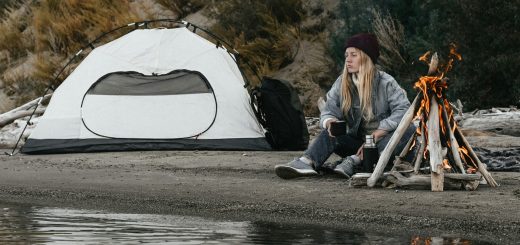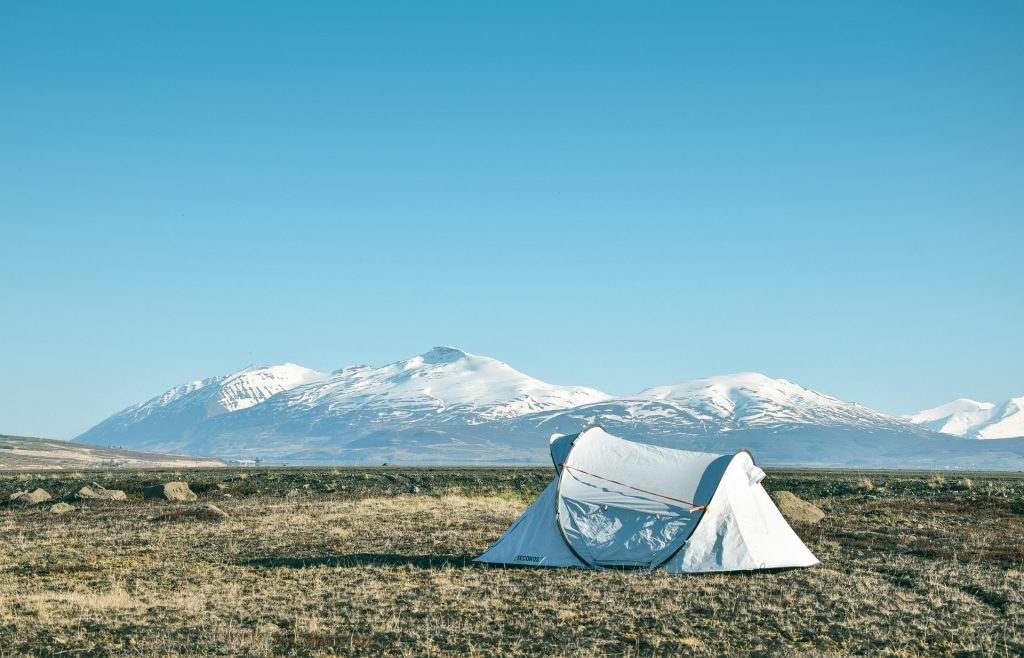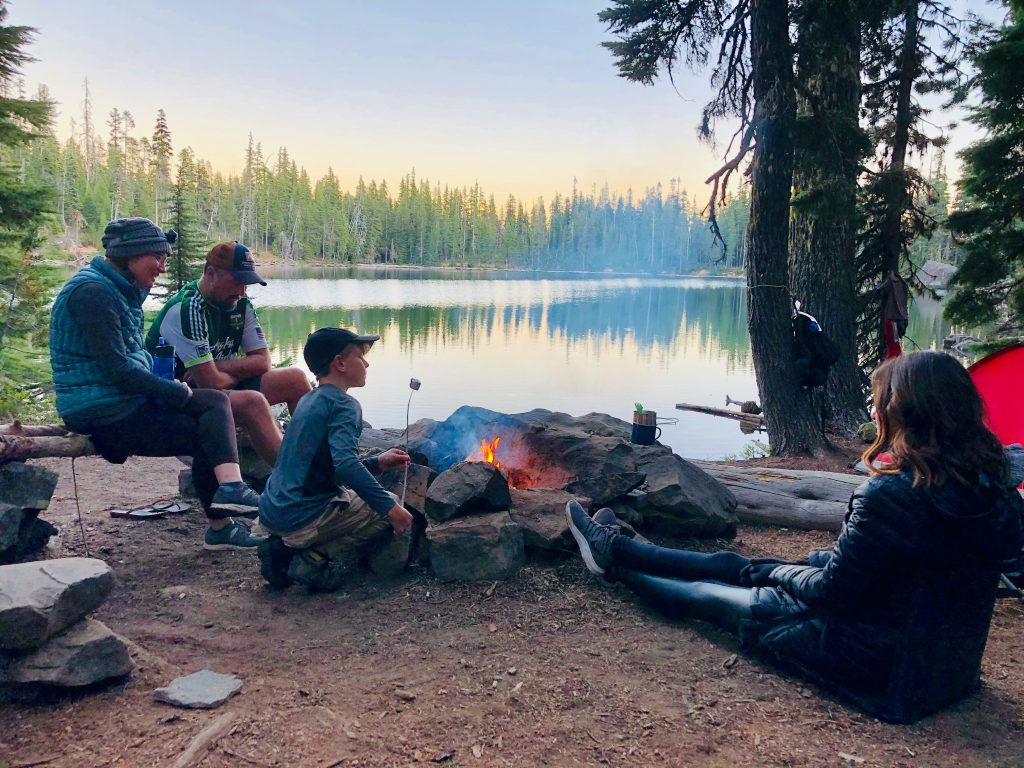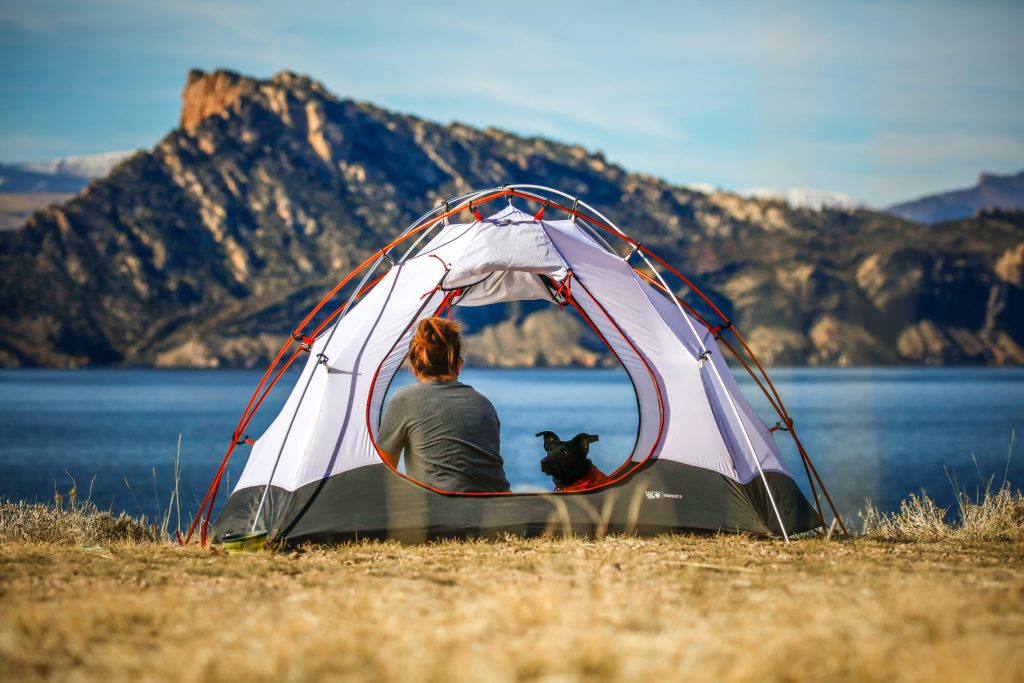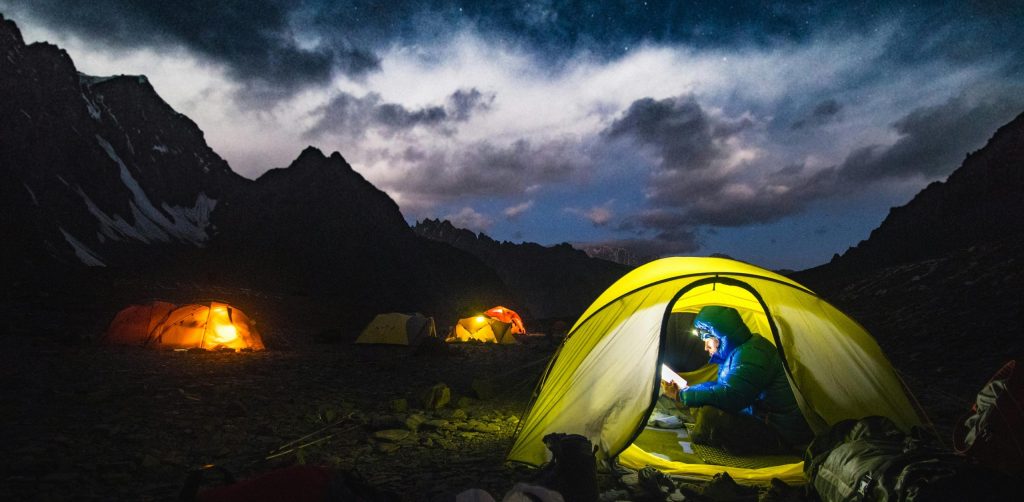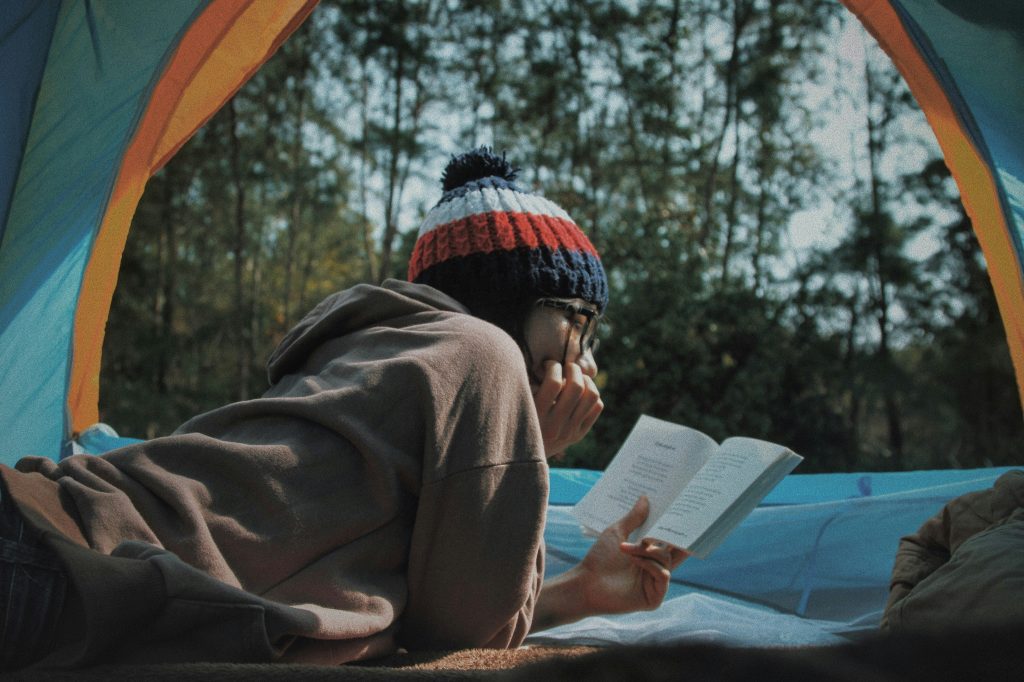Minor Injuries You Might Face While Camping (And How to Treat Them)

Spending time in nature is refreshing for the soul, but accidents can happen even during the most peaceful camping trips. Whether it’s a scraped knee, a bug bite, or a twisted ankle, knowing how to handle minor injuries is essential to staying safe and continuing to enjoy your adventure.
In this brief guide, we’ll break down the most common minor injuries campers face and how to treat them quickly and effectively while out in the wild.
Cuts, Scrapes & Abrasions
These are among the most frequent minor injuries while camping. They can occur from falls, handling sharp tools, or brushing against rough terrain.
What to Do:
- Clean the wound immediately with clean water or an antiseptic wipe.
- Apply an antibiotic ointment to prevent infection.
- Cover with a sterile adhesive bandage or gauze.
- Change the dressing daily and keep the area dry.
Pro Tip: Always carry a well-stocked first aid kit with you.
Insect Bites & Stings
Mosquitoes, ants, bees, and ticks are all common nuisances on camping trips, and their bites can be irritating or even painful.
How to Treat:
- For mild itching, apply calamine lotion or hydrocortisone cream.
- For stings, remove the stinger (if any) gently with a card or tweezers.
- Apply a cold compress to reduce swelling.
- Monitor for allergic reactions like swelling of the face, difficulty breathing, or dizziness — if these occur, seek emergency help immediately.
Burns (Campfire or Cooking Related)
Burns from handling hot cookware or getting too close to the fire are another common camping injury.
Steps to Handle:
- Cool the burn immediately with clean, cool (not ice-cold) water for at least 10–15 minutes.
- Cover with a non-stick, sterile dressing.
- Avoid applying greasy substances like butter or oils.
- Take an over-the-counter pain reliever if needed.
Blisters on Feet
Hiking with improper footwear or long distances can lead to painful blisters, one of the most overlooked minor injuries.
Treatment Tips:
- Don’t pop the blister unless necessary; if it bursts, clean it well.
- Cover it with a blister pad or bandage.
- Keep feet dry and wear moisture-wicking socks.
- Use moleskin to reduce friction on high-risk areas.
Bonus Tip: Carry spare socks and air your feet regularly.
. Sprains & Strains
Uneven trails can cause twisted ankles or strained muscles. These minor injuries require quick and careful action.
What You Should Do:
- Rest the injured area.
- Apply a cold compress for 15–20 minutes at a time.
- Wrap with an elastic bandage (not too tight).
- Elevate the limb above heart level to reduce swelling.
Splinters & Debris in Skin
Handling wood, kindling, or hiking through dense brush can leave behind splinters or embedded debris.
First Aid Method:
- Wash your hands and disinfect a pair of tweezers.
- Remove the splinter gently.
- Clean the area with antiseptic.
- Cover with a bandage if needed.
Essential Gear for Handling Minor Injuries While Camping
Pack a first aid kit that includes:
- Antiseptic wipes
- Bandages and gauze
- Tweezers and scissors
- Pain relievers
- Antihistamines
- Burn cream and hydrocortisone
- Cold packs
- Moleskin and blister care
You can try this Mini First Aid Kit
Prevention is Better Than Cure
While knowing how to handle minor injuries is crucial, taking steps to prevent them is even better:
- Wear proper hiking boots and layered clothing.
- Use insect repellent and sunscreen.
- Stay alert on rugged terrain.
Keep your campsite organized to avoid tripping.
When to Seek Medical Attention
Even seemingly minor injuries can become serious. Watch for:
- Signs of infection (redness, swelling, pus)
- Severe allergic reactions
- Deep or bleeding wounds
- Persistent pain or swelling
If symptoms worsen or don’t improve, seek professional medical help as soon as possible.
Camping is all about exploration, fun, and freedom — don’t let minor injuries ruin the experience. Being prepared and knowing how to act can make all the difference. So pack smart, stay alert, and enjoy the great outdoors with peace of mind!
Remember: A little knowledge and the right supplies can turn a potential crisis into a simple fix.


